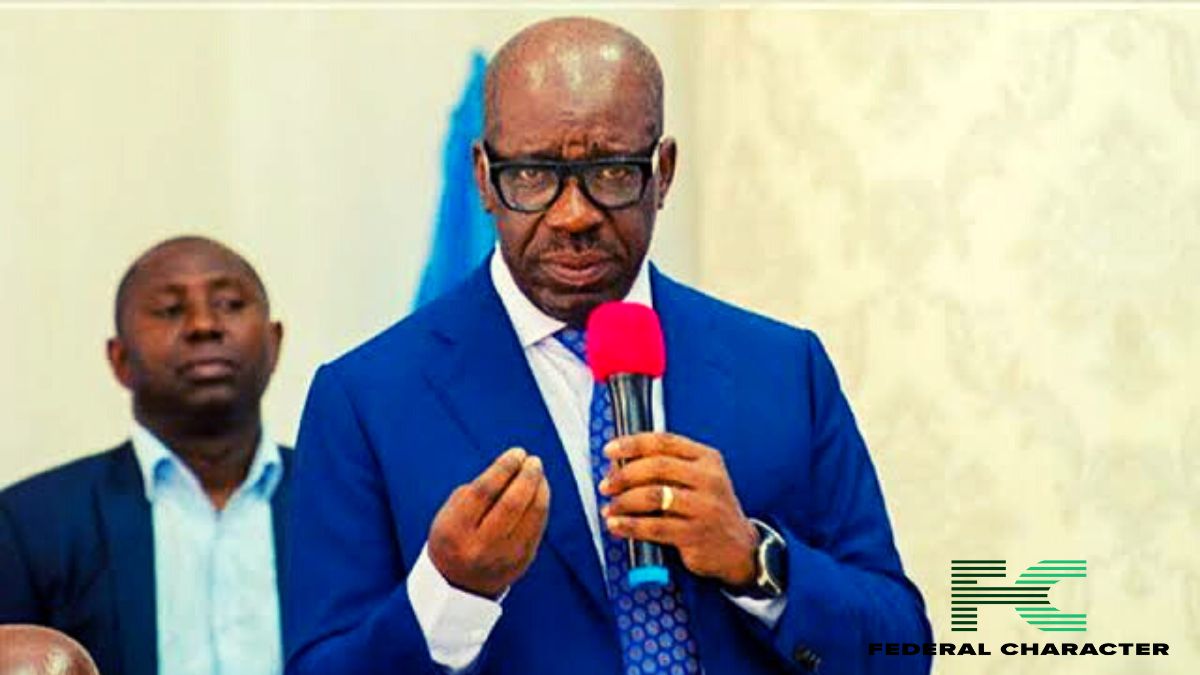South African food giant RFG Holdings (RFG) is facing a double-edged sword. While they reported a significant profit increase of 20.4% for the first half of their financial year, this comes at a cost. This essay will delve deeper into this situation, exploring the reasons behind the rise in profits, the challenges they face, and their plans for the future.
Price Hikes Fuel Profit Growth:
The primary driver of RFG’s profit surge is their decision to raise prices. This strategy is a response to a global phenomenon – the sharp increase in the cost of raw materials, energy, and packaging. The situation has been further exacerbated by the war in Ukraine, which has disrupted supply chains already strained by the pandemic.

Higher Profits, Lower Sales:
However, there’s a catch. While profits are rising, RFG’s sales volume has actually decreased. This suggests that consumers, squeezed by their own rising expenses, are buying less. Despite this decline, RFG managed to grow revenue by 3.2% thanks to the price hikes, which came in at a hefty 6.9%.
CEO Praises Efficiency Measures:
Despite the drop in sales volume, RFG CEO Pieter Hanekom remains optimistic. He credits the company’s focus on “revenue management,” which essentially means optimizing pricing strategies, for their improved profitability. He also highlights their success in recovering inflationary costs and maximizing operational efficiency.
“It is pleasing that despite the pressure on sales volumes, the group improved its profitability by focusing on revenue management, recovering inflationary cost increases and maximising operating efficiencies,” CEO Pieter Hanekom said in a statement.
Regional Growth, International Struggles:
Looking geographically, RFG’s performance is mixed. Their regional business, encompassing South Africa and the rest of Africa, saw a healthy rise of 5.8%. This growth is attributed to strong sales in fruit juices, meat products, and dry foods.
However, the international scene paints a different picture. RFG’s international revenue, which makes up 16% of their total, dipped by 8.6%. This decline is due to weaker international pricing, lower export volumes, and significant shipping and logistics challenges at the Cape Town port.
Focus on Volume Recovery and Exports:
Looking ahead, Hanekom acknowledges the need to prioritize volume recovery in the second half of the financial year. Additionally, they aim to tackle the backlog of export shipments caused by the Cape Town port delays.
RFG Holdings’ situation is a microcosm of a global trend: companies are raising prices to cope with rising costs, but this can have a dampening effect on consumer spending. While RFG has managed to turn a profit despite these challenges, their future success will depend on their ability to balance price increases with maintaining sales volume and navigating logistical hurdles.

















